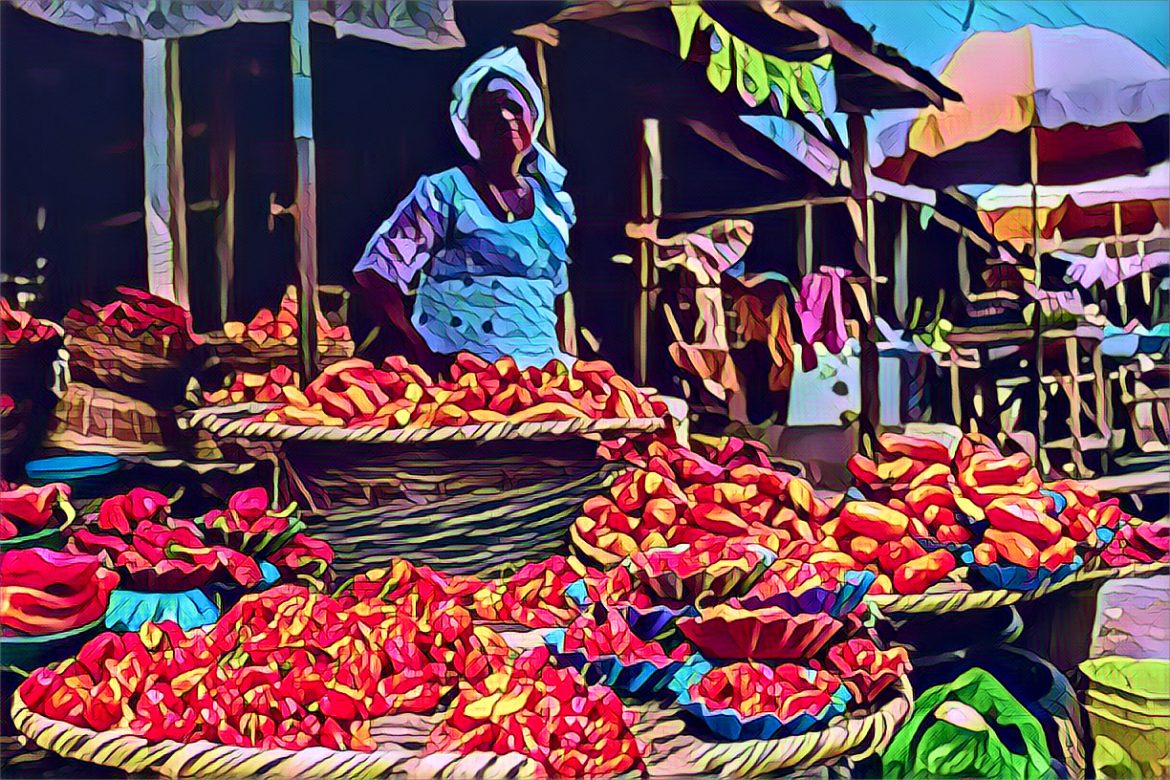The Federal Government of Nigeria is grappling with a severe food crisis, exacerbated by the dual decisions to remove petrol subsidies and to liberalize the naira’s value. Despite these challenges, President Bola Ahmed Tinubu’s administration is making concerted efforts to alleviate the situation. The Ministry of Agriculture and Food Security is on the brink of distributing 42,000 metric tonnes of assorted food commodities nationwide to aid those most in need, a move that comes amidst rising concerns about the efficacy of government interventions in addressing the crisis.
The distribution, which has been slightly delayed due to the need to package the grains properly, promises to be a significant relief for vulnerable populations. This initiative is part of a broader strategy that includes the purchase of 60,000 metric tonnes of milled rice, aiming to mitigate the immediate effects of food scarcity and high prices. Notably, the announcement of these measures has already led to a noticeable dip in grain prices in major markets, signaling a potentially positive impact on food affordability.
Concurrently, the Federal Government is championing agricultural production, particularly through the National Agricultural Growth Scheme Agro-Pocket (NAGS-AP) Project. This project, which launched its first phase of Dry Season Farming in November 2023, focuses on wheat cultivation across 15 states, involving over 100,000 farmers. With the upcoming second phase, the initiative will expand to include rice, maize, and cassava, targeting substantial increases in production. Subsidies and support, including solar-powered water pumps for irrigation, are part of the government’s comprehensive plan to boost food production and security.
However, experts like Dr. Olufemi Oladunni, Executive Director of the Agricultural Management and Rural Training Institute, caution that such policies and interventions may falter without a conducive operational environment. He points out the challenges of distribution inefficiencies and the broader economic conditions that make food unaffordable for many Nigerians. The focus, according to Oladunni, should not only be on increasing food supply but also on making it accessible and affordable, thereby addressing the core issues of food security.
Amid these efforts, there are calls for a multifaceted approach to tackle the crisis. HRM Oba Dokun Thompson, the Oloni of Eti-Oni, emphasizes the potential of agriculture and agribusiness to drive national development, urging collaboration across all government levels. Meanwhile, the Rev. Joseph Hayab highlights the widespread hardship among Nigerians, urging peaceful advocacy rather than protests, and calling for unity and constructive dialogue to find lasting solutions.
The situation underscores the complex interplay between policy decisions, economic factors, and the tangible outcomes on food security and affordability. While the government’s initiatives represent steps toward addressing the crisis, their success will likely hinge on the ability to create a conducive environment for these measures to take effect, alongside broader economic reforms to stabilize the naira and improve overall affordability for the Nigerian populace. The collaborative efforts of government, civil society, and the private sector are critical in navigating these challenges, fostering resilience, and ensuring that the gains of democracy are preserved through sustainable development and social cohesion.
Source: Newsday


